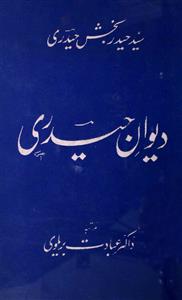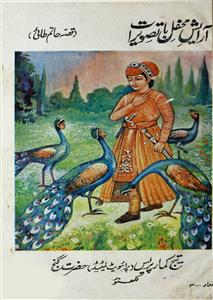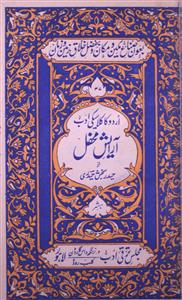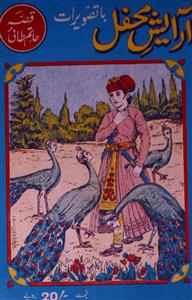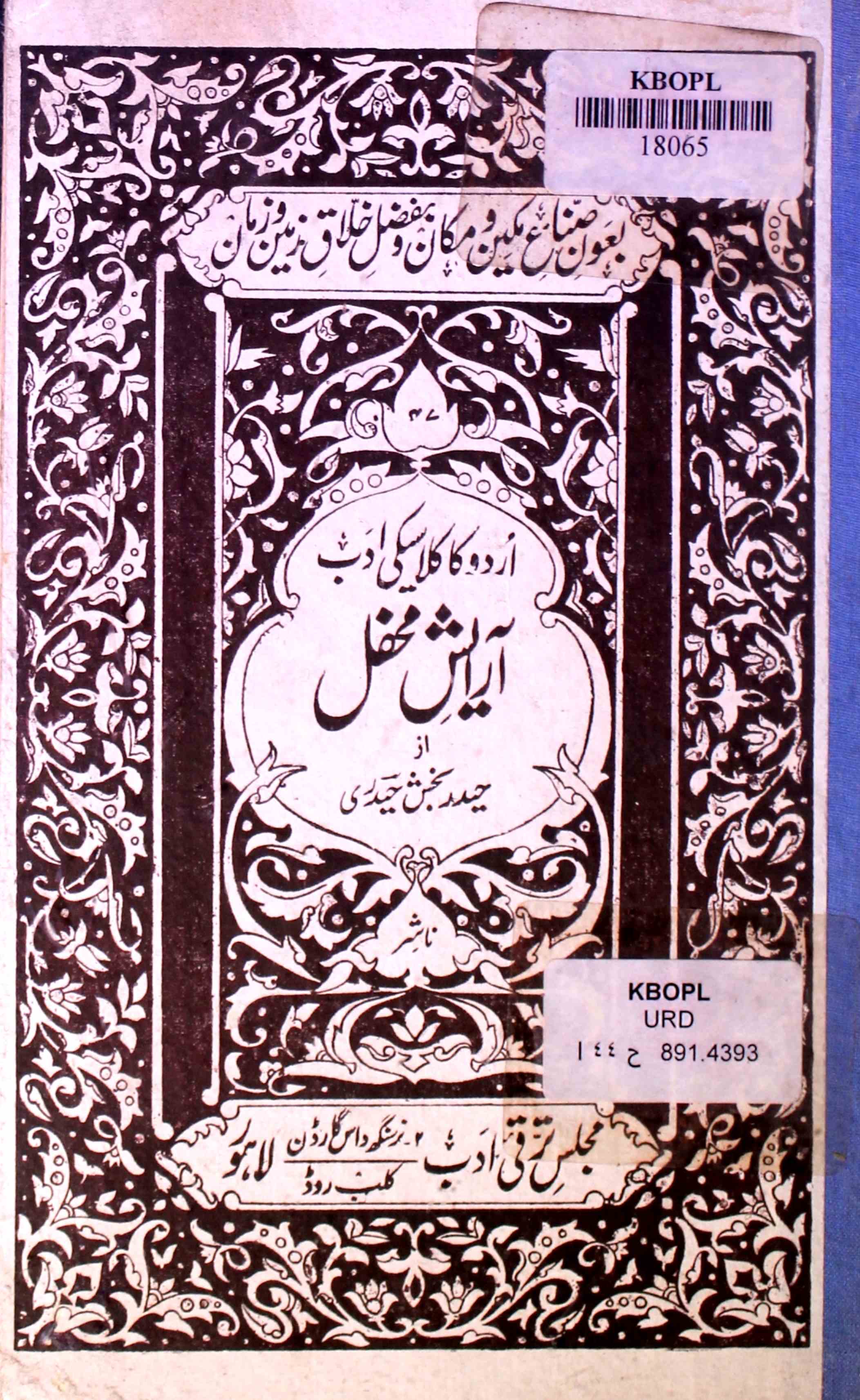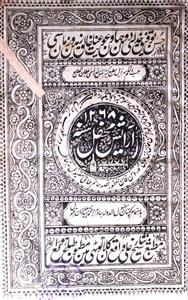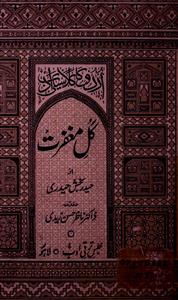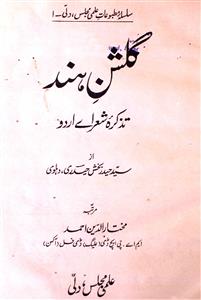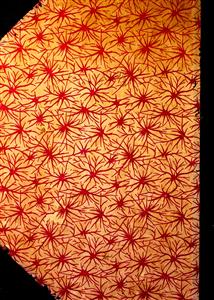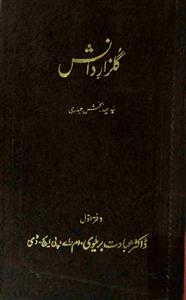 For any query/comment related to this ebook, please contact us at haidar.ali@rekhta.org
For any query/comment related to this ebook, please contact us at haidar.ali@rekhta.org
About The Author
Born Haider Bakhsh, he wrote under the pen-name Haidri. He was the son of Syed Abul Hassan and lived in Delhi. Haider Bakhsh had not yet grown beyond his childhood when his father faced such financial difficulties that he was forced to leave his residence in Delhi and move to Banaras with his family. Here Nawab Ibrahim Khan was the Nazim of the court. He arranged Haider Bakhsh's education. He studied in the famous madrassas of Banaras and after graduating he joined the court office.
Along with his job, he continued to study, write and compose. Haideri wrote a story called Qissa Mahrumah and took it to Calcutta in the late eighteenth century. There he succeeded in the service of Gilchrist and presented his book which he liked very much and enrolled him in the staff of Haideri College. Haideri is the author and translator of most of the books at Fort William College. As well as being a prose writer, he is also a poet, but his fame is based on prose writings. While there, he wrote and translated many books. Eventually, he retired and returned to Banaras. He died there in 1823.
Apart from poetry, the books he wrote are important. Qissa Mehromah, Laila Majnoon, Haft Pekar, Tarikh-e-Nadri, Gulshan-e-Hind, Tota Kahani, Araish-e-Mehfil and Gul Maghfarat. The last three of these books became very popular.
Tota Kahaani is a translation of a Persian book by Syed Muhammad Qadri. An old Sanskrit book was translated into Persian by Maulana Zia-ud-Din Bakhshi. Qadri summed it up. Haidari translated this summary into Urdu. The book became very popular and was translated into various languages.
About Araish-e-Mehfil, it’s a translation and summary of the Persian story of Hatim Tai. A translation of Mullah Hussain Waiz Kashifi's book Roza-e-Shuhada was done by Fazli under the name of Karbal Katha. Mir Aman was more inclined towards spoken language and Hindi. On the contrary, Haidari's inclination is towards Persian.
 For any query/comment related to this ebook, please contact us at haidar.ali@rekhta.org
For any query/comment related to this ebook, please contact us at haidar.ali@rekhta.org
